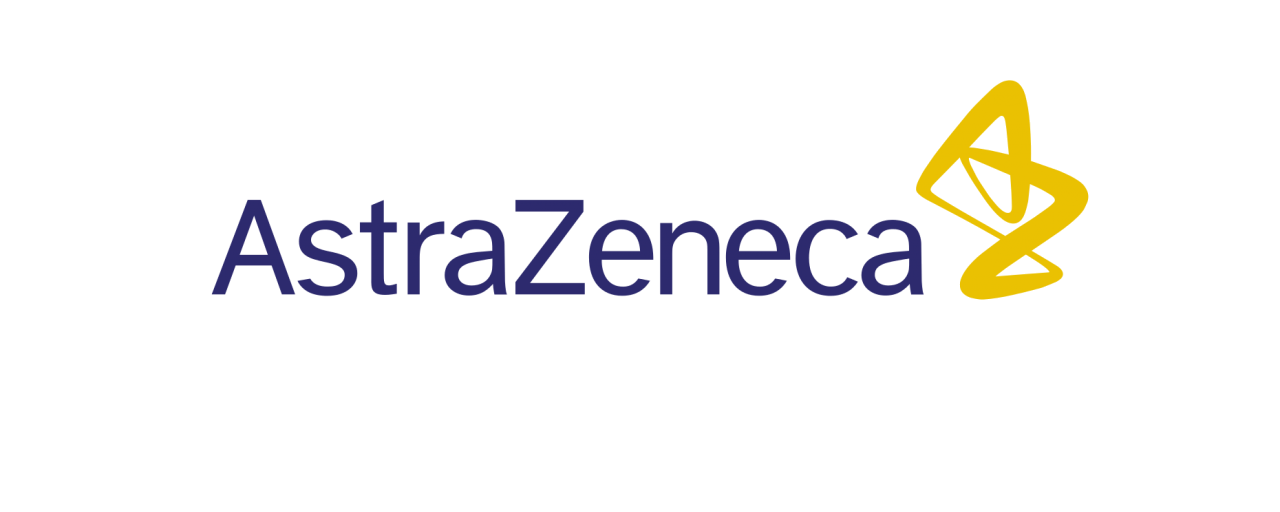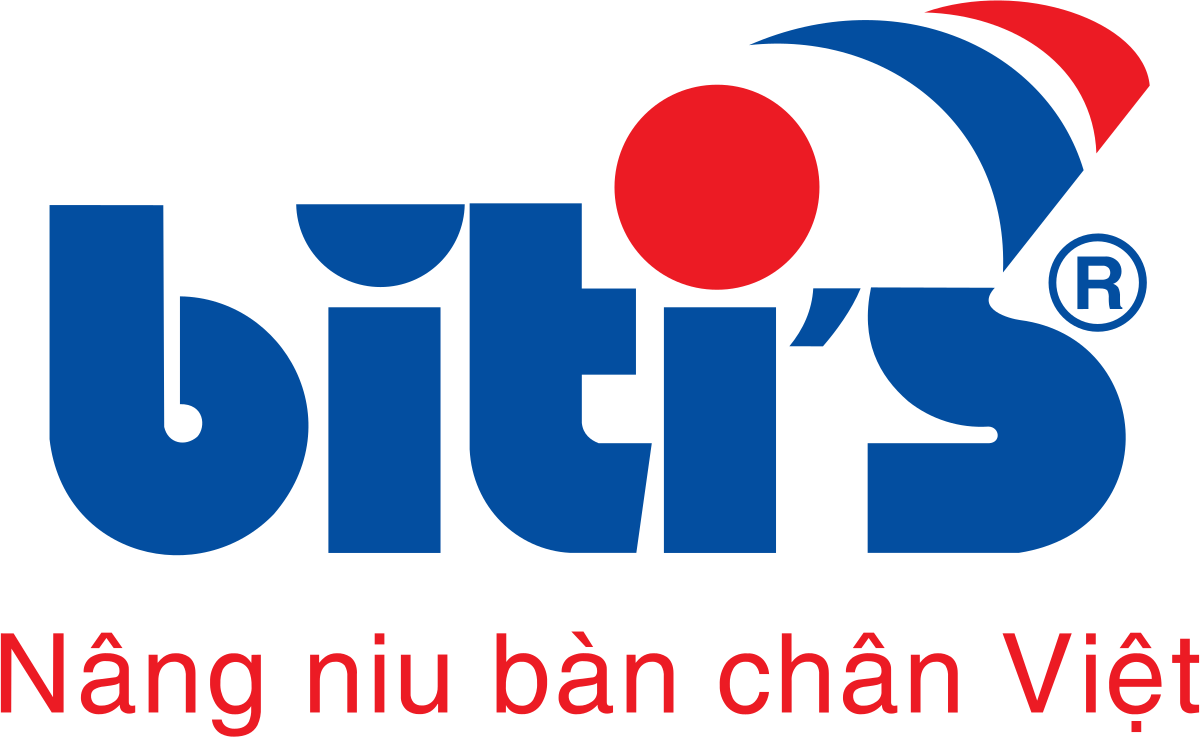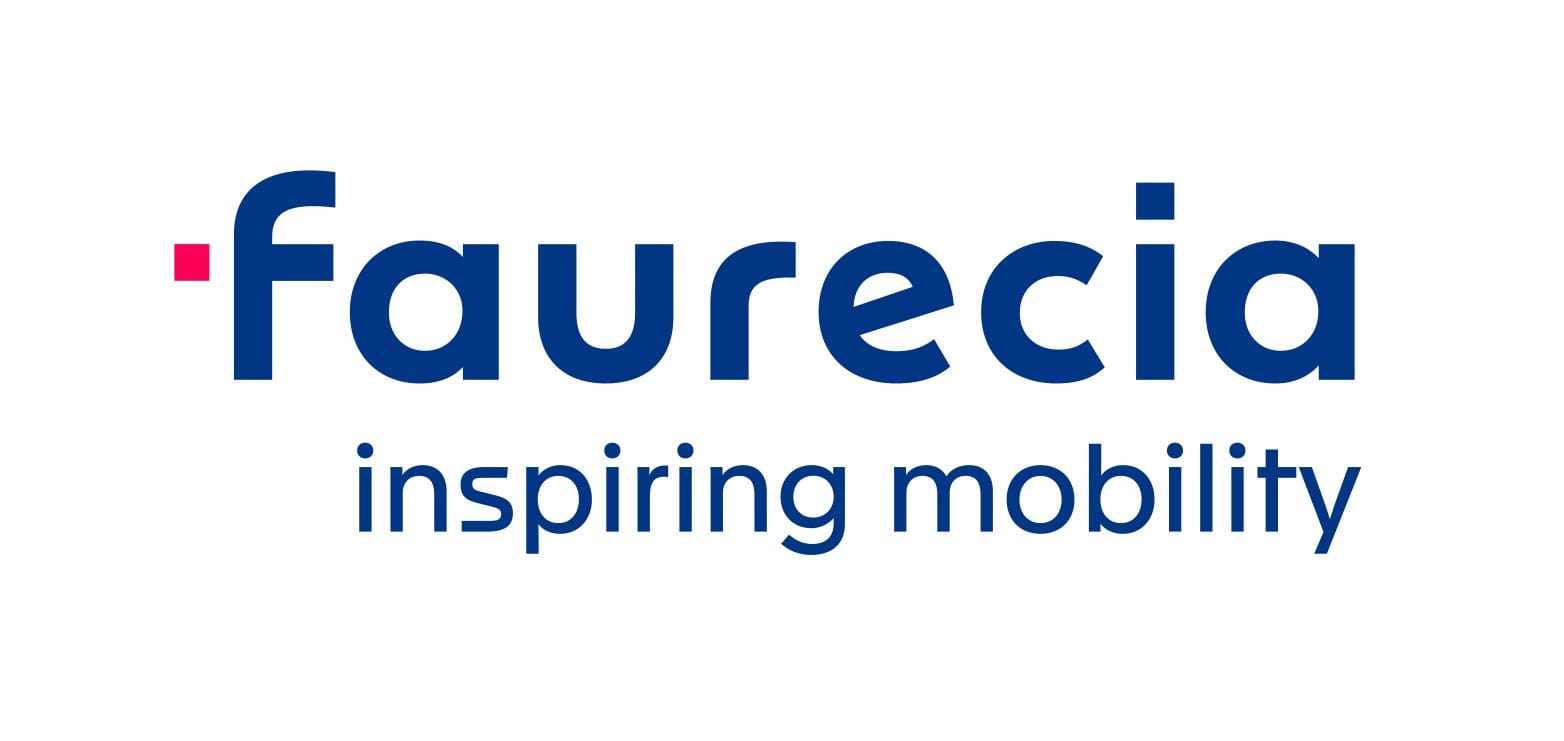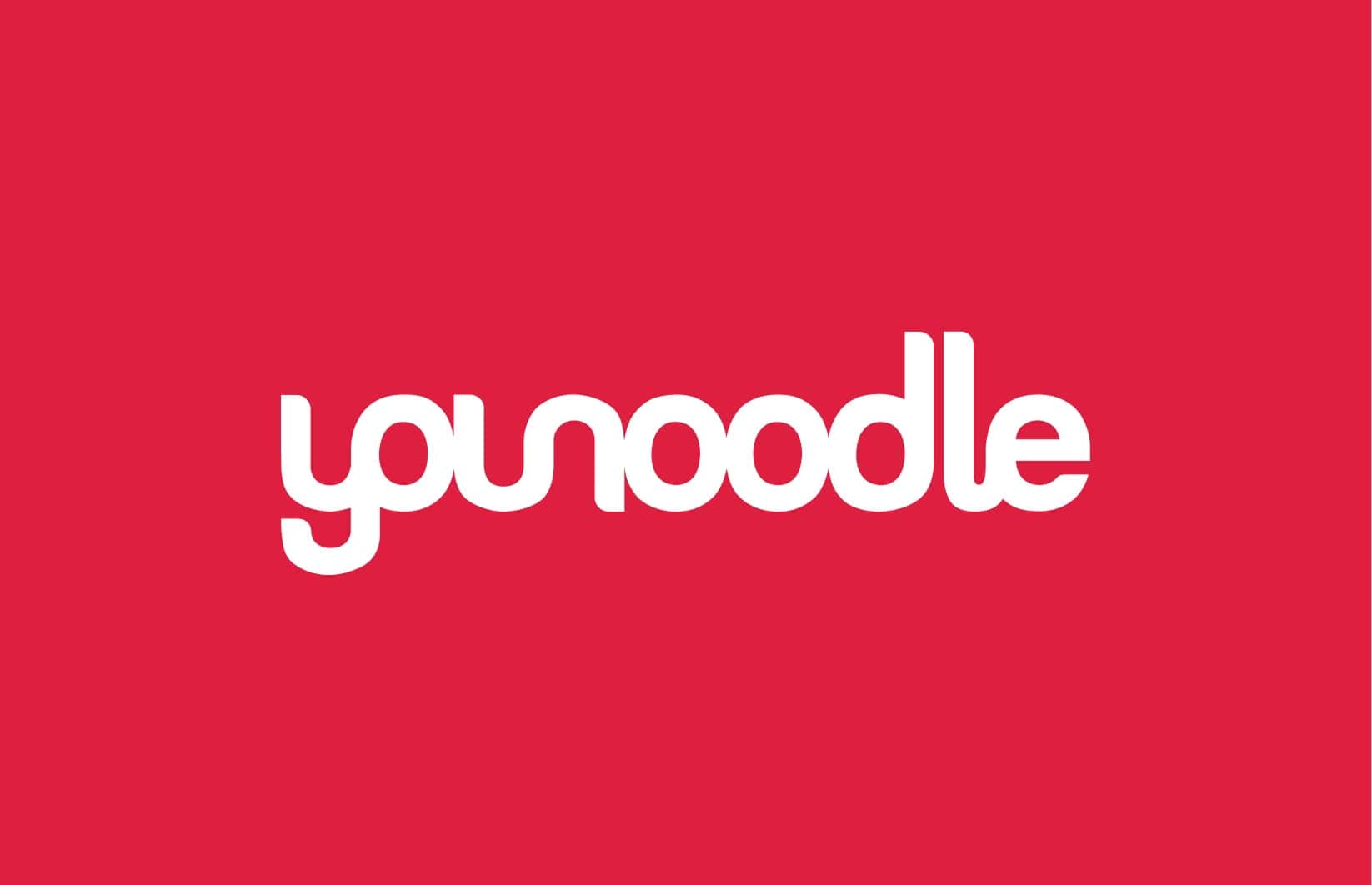In this article, you will discover the implementation of a collaboration program between students, startups, and large companies and the lessons we have learned.
On November 19th, 2020, just as France is in the midst of preparing its Covid-19 vaccination campaign, AstraZeneca and Janssen are launching a call for projects to select startups that will participate in the Inno’Vaccins program, in partnership with DPD group, Ipsos and the Ipeps Paris-Salpêtrière incubator.
The objective is clear: to select 10 start-ups based on issues related to demand forecasting, accessibility, logistical organization, and the implementation of monitoring, among all the issues related to possible obstacles and disincentives to the vaccination campaign at the national level.
The ambition of the collaboration between ESCP and AstraZeneca
Following this call for projects, the MsM (Specialized Master in Pharmaceutical and Biotechnology Management – ESCP) and AstraZeneca have joined forces to have MsM students work for several weeks with the startups selected in the Inno’Vaccins program.
For Frédéric Jallat, Scientific Director of the MsM, the objective of this full-scale project was threefold:
- To give students the opportunity to exercise their expertise around strategic and current projects.
- To allow them to discover the ecosystem of start-ups and innovation in health while trying to instill in them an entrepreneurial appetite.
- To take advantage of the project to highlight some topics little or less addressed during the year -supply chain and logistics organization in health care in particular.
For Lomig, Experience Lab Manager at AstraZeneca, the intervention of the MsM students represented a real added value to help the entrepreneurs solve certain important problems and allow them to move forward quickly thanks to the fresh and expert perspective of the program students.
The system set up to make students and start-ups work together
To meet these ambitions, the AstraZeneca Group and the MsM set up a collaborative program spread over seven weeks. 70 students provided their valuable input to the 10 selected winners between January 29 and March 10, 2021.


Ambitious subjects were thus proposed to the students. Flowlity, for example, is a solution dedicated to the forecasting and logistic planning of the vaccination campaign served by AI, for which the MsM students were asked to organize the implementation strategy on the national territory.


At the same time, Schoolab provided advice and expertise through an online coaching program that covered the fundamentals of design thinking and the key steps to launching a successful project. Students were able to accompany real-life entrepreneurial projects while discovering new methodologies and tools in the field.
Objectives fully met for each of the stakeholders
Nicolas Baudelot, a co-founder of Medalib, confided to us that he was surprised by the motivation of the students and by the work produced in such a short time.


Naomie Woumeni, an MsM student, was particularly proud to have been able to contribute significantly to an innovative project. She told us that 80% of her group’s recommendations were retained by the company and Clément, founder of the start-up for which she contributed, has already implemented several of their recommendations with all his teams.
The average satisfaction of MsM students at the end of the program was 7.6/10.
Schoolab’s intervention allowed them to discover new methods and innovative approaches.


Lessons to remember for a successful collaboration of this type
The importance of framing and monitoring projects
The implementation of this program has reminded everyone of the importance of getting the process right.
When operating this type of program, it is important to :
- Launching the dynamic by organizing various events that bring together all the participants. This keeps the commitment and motivation of the actors intact – especially during a period of confinement when exchanges and relationships had to be managed at a distance.
- Define various milestones and meeting points throughout the program to ensure progress on projects.
- Ensuring continuous monitoring of the progress of the collaborations: a progress review was organized every two weeks by a neutral person from outside the project with the 10 representatives of each group to highlight any difficulties or obstacles.
Diversity and collaboration, undeniable contributions for each of the actors
Each stakeholder had a role to play:
- Thanks to the participation of the start-ups, the students were able to actively and constructively immerse themselves in the ecosystem of entrepreneurship and innovation in health.
- The students were able to bring a fresh perspective to the entrepreneurs and provide their knowledge and expertise to the competition winners.
- AstraZeneca and the MsM played a leading role in initiating the process in a joint and coordinated manner.
- Schoolab was thus able to better frame this collaboration and offer students new methodologies to better understand the healthcare start-up ecosystem.


Areas for improvement: a collaboration too short
After the summary meeting to take stock of this beautiful program, we all agreed that this collaboration had been too short:
- On the one hand, the students arrived in an environment that they had to discover while collaborating on strategic and complex projects,
- On the other hand, most entrepreneurs found themselves managing teams that doubled in size overnight!
Some elements were highlighted that need to be kept in mind if this type of program is to be initiated:
- Ensure that the ambitions and scope of the projects are adapted to the available time of the parties involved,
- Dedicate a person with a vision of the needs and imperatives of each of the stakeholders to manage the project as a whole in order to align expectations and optimize the achievement of everyone’s objectives.
Article co-written by Marine Martinez, innovation project Manager – Schoolab; Frédéric Jallat, Scientific Director of the Advanced Master in Biopharmaceutical Management – ESCP (MsM); Lou Lacroix, Head of training and pedagogy – Schoolab; Lomig Unger, Experience Lab Manager – AstraZeneca France











